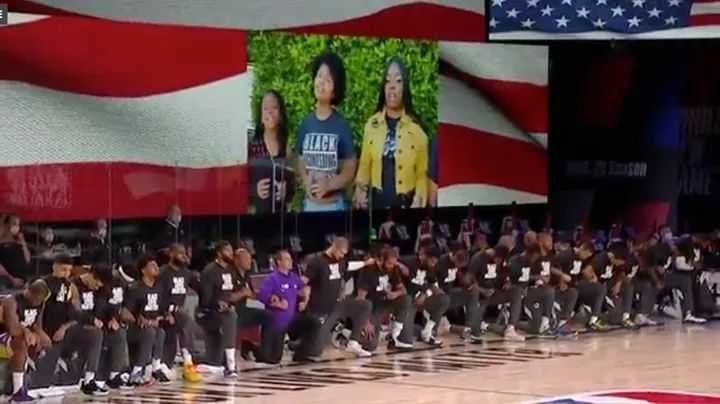BAN Toxics statement on Davao Environmental Summit led by DENR Sec Gina Lopez
From 4-5 August, the Ateneo de Davao University has organized an environmental summit led by the new DENR Secretary Ms Regina Paz Lopez. The summit brings together the DENR, NGOs and communities in a dialogue about the state of the environment in Mindanao and ways forward.
BAN Toxics, an environmental NGO that advocates sound chemicals management, is participating in the summit together with representatives from artisanal and small-scale gold mining (ASGM) communities in South Cotabato and Compostela Valley where the organization runs projects on the ground to help transform ASGM communities through mercury-free and socially responsible practices.
Evelyn Cubelo, BAN Toxics Development Program Manager, said:
“BAN Toxics is happy to be part of this important dialogue with DENR. We welcome Secretary Lopez’s active efforts to involve civil society in the government’s efforts to protect the environment as well as the rights of the poor and marginalized.
“On the issue of mining, large scale and small scale mining are two different animals. We urge Sec. Lopez to recognize the current plight of the artisanal and small-scale gold mining (ASGM) sector which in the Philippines is largely poverty-driven.
“ASGM is an invisible sector that has long been neglected by government programs and regulations. Giving due recognition and formalizing this industry will benefit not only poor ASGM communities on the ground but also the country as a whole.
“We are calling on the secretary to help address the sector’s most pressing issues such as poverty, human rights, legalization, amendment of mining laws, occupational health and environmental impact. The aim is to achieve a progressive, healthy and sustainable ASGM community.
“Mercury-free and socially responsible small-scale gold mining is possible and presents great potential to lift poor mining communities out of poverty. Strong support from the government and collaboration with civil society and communities can make this happen.”
Notes:
The ASGM sector in the Philippines contributes significantly to the economy, making up as much as 80% of the country’s annual gold production. It also provides employment to about 300,000 Filipinos in more than 40 provinces. By directly and indirectly supporting formal and informal businesses in the countryside, the industry also helps trigger rural economies. It is estimated that around two million Filipinos from marginalized sectors, including indigenous peoples, women and children, benefit directly and indirectly from the industry.
Small-scale miners are essentially regarded as illegal, and their sector’s issues have thus been neglected. Largely unrecognized by government, the ASGM sector is underserved, often lacking valuable support from government institutions.
BAN Toxics has been working with ASGM communities since 2010 to eliminate mercury use to protect human health and the environment, as well as empowering communities – particularly women and children – to attain social development through livelihood, training and other interventions.
BAN Toxics is an independent non-government environmental organization that works for the advancement of environmental justice, health and sustainable development in the area of chemicals and wastes, with a special focus on women, children and other marginalized sectors.
- Kaspersky Lab helps uncover vulnerabilities on gas stations by hackers - February 12, 2018
- 26-percent of Ransomware Attacks now target business - November 30, 2017
- The Battle is on to Fight Human Immunodeficiency Virus (HIV) - November 27, 2017



